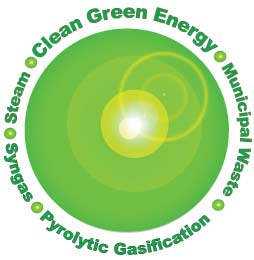A New York-based company wants to turn West Virginia’s waste into usable energy.
Cocurrent BioEnergy has proposed to local officials a series of facilities that could process thousands of tons of unsorted municipal solid waste, creating synthetic gas that would be used to heat water, create steam and generate electricity for communities.
The proposal made to South Charleston details how Cocurrent could build a 300-ton-per-day unit that would produce 10 to 15 megawatts of electricity.
Company spokesman Rick Clay says the process would convert 90 percent of the energy content of waste to electricity and offers a host of economic benefits:
If you look at the economic advantages we offer, just on the landfill side, you’re looking at a facility that can eat up about 300 tons a day or about 110,000 tons per year. That’s the equivalent of a small landfill. So you extend the life of the existing landfill.
According to the Charleston Daily Mail, the city of South Charleston is still evaluating the proposal. South Charleston Mayor Danny Jones agrees that the technology could help cut city’s landfilling fees (called “tipping fees”) – $600K annually – in half and notes that the city could get a cut of electricity sales. And, of course, the conversion process would dramatically reduce the amount of waste going to landfill.
In the United States, non-recycled plastics and other wastes are a relatively untapped source of valuable alternative energy that routinely end up in landfills. Cocurrent BioEnergy and other companies that transform waste into energy or fuels are working to change this.
Their success could help transform our nation’s energy future.
Image via cocurrentbioenergy.com






